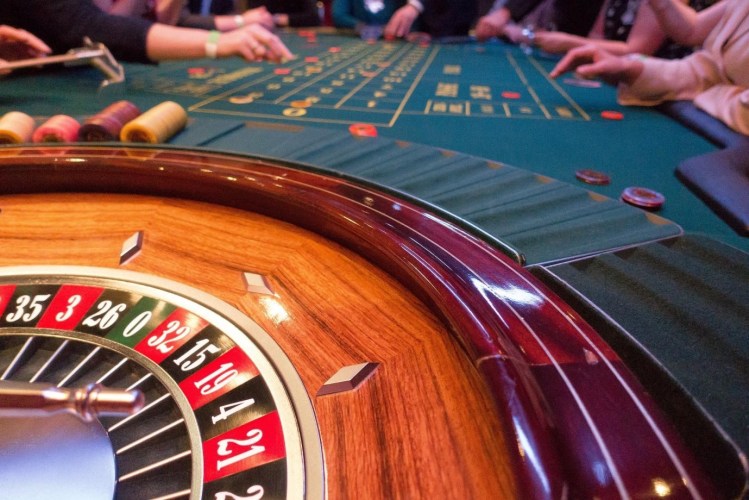Scandinavian countries are famous for being among the most lucrative markets in the world. Great economic power, and long winter days, make this region a perfect target for entertainment industries of all kinds.
Gambling In Nordics: 2022 Analysis

Gambling In Nordics: 2022 Analysis
Scandinavian countries are famous for being among the most lucrative markets in the world. Great economic power, and long winter days, make this region a perfect target for entertainment industries of all kinds. And while some might enjoy a good concert, others will try to find a Neosurf casino to fulfil their gaming urges. Players sure do have fun, but what do official stats look like? We asked the editor-in-chief of CasinoHex Norway, Gilfred Helmonsen (read his bio here).
“Gambling is definitely on the rise, but it is blatantly obvious not all countries handle it in the same way. Scandinavian countries couldn’t be further away from each other when it comes to their approach to online gambling, and 2022 proved none of them shows any signs of switching things up. Well, at least not in the way that would be beneficial for the end consumer,” reveals the gaming expert.
Just for you, he summed up the most relevant numbers in events on Scandi online gaming scene.
Norway
Helmonsen insists the Norwegian market remains an impenetrable tower of Lottstift. The local authority is not afraid to punch above its weight and manages to keep the state monopoly year after year.
“In 2022, Lottstift put massive efforts to reduce the visibility of casino gaming on all levels. Even the two state-run brands, Norsk Tipping and Norsk Rikstoto, had to limit their marketing activities. However, that doesn’t mean Norwegians don’t play,” notes Helmonsen.
Just a few weeks later, Kindred group’s subsidiary Trannel International was accused of operating without a license. According to the Norwegian watchdog, Unibet, Maria Casino, Storspiller and Bingo.com were all targeting Norwegian players without a proper license. Eventually, Kindred decided to leave the market, and operate elsewhere.
Denmark
Denmark is one of the countries in Scandinavia with a significant increase in the number of active players. Data from the Danish Gambling Authority’s quarterly statistics show a year-on-year increase of DKK 116 million, equalling 7.4%.
What makes the numbers above interesting is the increase in land-based visits, but Gilfred says numbers can be deceiving, “It is important to understand the comparison is made against the period when the pandemic was still pretty much a big deal, so all land-based venues have been experiencing the biggest drop in history. Obviously, this year they experienced a big rise. But the online gaming industry in Denmark is still alive and kicking!”
Sweden
Sweden’s licensed gaming and betting operators generated SEK6.8bn (€627m) in the second quarter of 2022. It is a solid 4% increase compared to the same period just a year prior.
Helmonsen also says Sweden made a significant step forward in the right direction, by announcing a bill that would allow B2B permits. Although Spelinspektionen has its set of arguments against the move, the expert is convinced the free market will prevail: “Umbrella permits make operating easier not only for gaming brands but regulators as well. It is easier to handle one licensee than dozens of them.”
Finland
Finland is home to just two land-based casinos, but its gaming economy is the 5th biggest in the world! Even so, its latest Lottery Act which was voted in 2021, and stepped into power on January 1st, 2022 is not exactly promising.
“The biggest change is the encouragement of the state monopoly, and further optimization of taxes and revenue shares to fill the treasury. Meanwhile, it also accentuates the importance of responsible gaming”, elaborates Helmonses.
The casino expert claims the major part of the new law hasn’t been endorsed yet, and that real changes will happen in the year in front of us.








